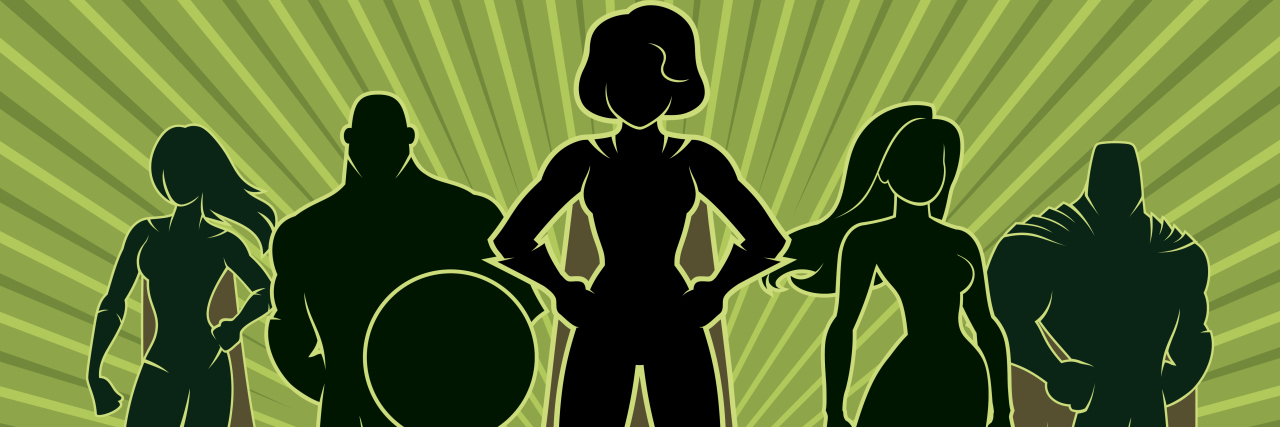I have a strong network of friends. We are all united by our interests, quirks and fondness for each other. Most of my friends, like me, are on the autism spectrum. While socializing can be rather difficult with us when it comes to organization and conflict resolution, we are strong in loyalty, protection and affection. And most of us are not ashamed or embarrassed of our differences. Especially one of my good friends, M.
One day, I was perusing through and sharing articles related to disability rights. All of a sudden, my Facebook Messenger notification goes off. It’s M. And she says one of the most poignant (and funniest) true things I have ever heard.
“Kelly, I’m so sick of the word ‘disabled.’ Half of us have friggen superpowers!”
It made me laugh and warmed my heart. I have always seen my friends and I and people with disabilities as being kind of like the mutants in “X-Men;” people with conditions that enhance certain abilities more than the average human, and some that may hinder as well — but united through love and supporting other people with differences. Some of these differences and uniqueness have not been fully understood by society, and like the superpowered in the X-men, we have faced discrimination socially and under the law. Plus a lot of my friends and other people I know have our special talents.
“Disabled” is also a vague term. I mean I do have a disability, but does that make me “disabled?” Um… kind of? I have difficulties with sensory processing, motor skills and information processing, but it’s not like I’m “incapacitated.” I still do plenty of other things. I mean, does that make me “semi-disabled?” “Partially disabled?” What if society referred to us by our level of disability? Instead of “disabled” people, we would have “slightly disabled” or “super disabled” people, which would prove controversial and degrading as we’d be labeling each other based on perception of functioning levels. It’s one thing to compare functioning levels for medical and support evaluations, but socially, it has negative connotations.
Hence why I love my friends; they help me embrace my autism and general quirks, and not feel ashamed.
We want to hear your story. Become a Mighty contributor here.
Getty image by Malchev.

